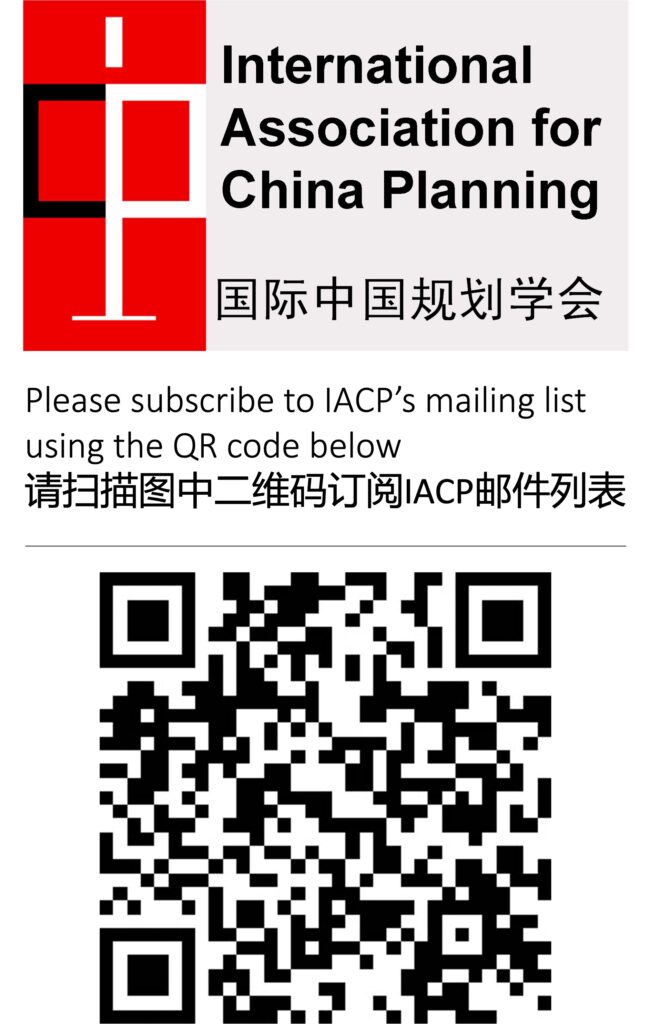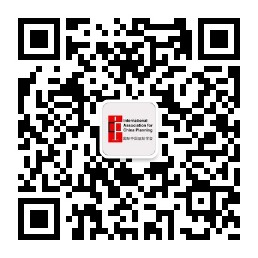
Weiping Wu (吴维平) is a professor and Chair of the Department of Urban and Environmental Policy and Planning, Tufts University. She also is a senior fellow in the Council for Emerging Market Enterprises at the Fletcher School of Law and Diplomacy. In China, she was a Zijiang Chair Professor (Summer Visiting) at East China Normal University (2010-2014) and currently a visiting Chair Professor at Fudan University. Professor Wu earned a Bachelor of Engineering degree in architecture and a Master of Engineering degree in urban planning, both from Tsinghua University in Beijing. She then came to the United States to enroll in doctoral studies at Rutgers University, graduating in 1996 with a Ph.D. in urban planning and policy development. Between 1993 and 1994, she was a dissertation fellow at the Brooking Institution in Washington, DC. In 1995, she joined Virginia Commonwealth University to become an assistant professor in urban planning. She remained there for fifteen years, eventually teaching in both the urban planning and international studies programs, and directing the geography program for three years.
Much of her work is devoted to two inter-related realms: (1) the processes and impact of China’s urbanization in terms of myriad actors – officials, developers, professional architects and planners, different groups of urban dwellers, including the vast number of migrants coming into the cities; and (2) the evolving spatial configuration within Chinese cities, especially in recent decades, with elements ranging from industrial zones and entrepôts, migrant settlements and enclaves, and cultural districts. Her research, often in collaboration with Chinese scholars, has asked fundamental questions about the significant shifts in China’s urban landscapes and the lives of urban dwellers. Specifically, she investigates how migration affects the socio-spatial reconfiguration of cities, how migrants seek to access the full range of citizenship rights (and what happens when they are denied these rights), and how policy and planning have influenced urban economic vitality and infrastructure building. In addition to many referred journal articles, Professor Wu is the (co)author and co-editor of five other books and sits on the editorial board of four academic journals.
Engaged with both institutional governance and public outreach, Professor Wu has had a number of academic leadership roles outside of the university setting. She is the Vice President and President-Elect of the Association of Collegiate Schools of Planning (ACSP), a consortium of university-based programs offering credentials in urban and regional planning, with over 100 full-member schools. Within ACSP, she also has co-chaired the Global Planning Educators’ Interest Group. Her editorship of the Journal of Planning Education and Research, ACSP’s flagship journal, between 2008 and 2012 also entailed extensive intellectual leadership. In addition, she has served as a member of the International Advisory Board for the Urban China Research Network since 1999. The Network is a multi-disciplinary and multi-institutional “virtual center” to conduct and support research and training activities focusing on urbanization and urban change. Furthermore, she works to raise the visibility of urbanization issues in China studies and in a multidisciplinary context. As the lead editor, she is preparing the Handbook on Contemporary China to be published by SAGE in January 2018. Organized in three volumes with 60 chapters in total, its eight parts include economic transformations, politics and government, China on the global stage, China’s foreign policy, national and nested identities, urbanization and spatial development, poverty and inequality, and the Chinese society.
Her published work has gained an increasing public presence, beyond purely scholarly acclaim. She has provided consultation to the Ford Foundation, Lincoln Institute of Land Policy, U.S. Department of Housing and Urban Development, and World Bank. Her association with the Lincoln Institute and World Bank have sustained over many years. In addition, she has served as a panelist for the Geography and Spatial Sciences Program at the National Science Foundation. On a regular basis, she is invited to speak about the promises and perils of urbanization at the China Town Hall, a national day of programming by the National Committee on U.S.-China Relations, where she was a public intellectual fellow in 2005-2007. Other invitations include executive training in federal agencies, teachers’ workshops, and Public Radio and TV programming. Recently, she testified on China’s infrastructure financing and fiscal reform issues at a hearing of the U.S.-China Economic and Security Review Commission.

 Scan the QR code below to connect with IACP official WeChat account.
Scan the QR code below to connect with IACP official WeChat account.
